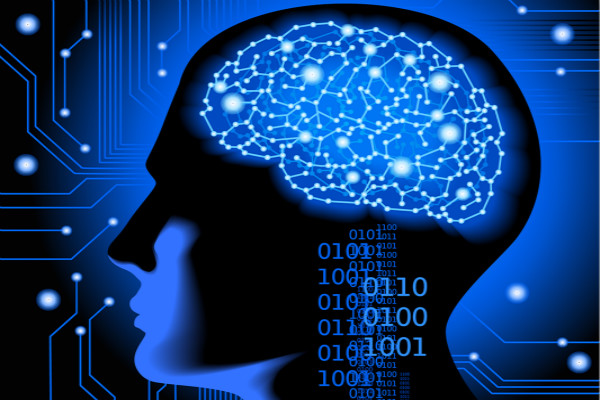The softer side of non-traditional security, including cyber security, is getting more attention from the mass media, intelligence-related agencies, government departments, large multinationals, and other crucial stakeholders. The threats that traditionally endanger private sector transactions are increasingly appearing to endanger national security systems.
read more – copyright by www.ippreview.com
 Even some seemingly harmless hacks are endangering real world security; for example, recent accusations of fake news production potentially affecting international relations and the outcomes of elections. These capabilities are now far beyond the usual common attempts at hacking like applying electronic graffiti on government webpages. They can endanger national security, regional relationships, international relations, and perhaps in the near future, even world peace.
Even some seemingly harmless hacks are endangering real world security; for example, recent accusations of fake news production potentially affecting international relations and the outcomes of elections. These capabilities are now far beyond the usual common attempts at hacking like applying electronic graffiti on government webpages. They can endanger national security, regional relationships, international relations, and perhaps in the near future, even world peace.
AI as your security guard
Some in the intelligence community and private sector solutions providers are advocating artificial intelligence as a solution to resolving cyber security vulnerabilities. It appears commercially available anti-virus software solutions are becoming less potent against resourceful hacks. Even great firewalls can be surmounted with primitive tools.
Advocates argue that artificial intelligence is more attentive and precise in monitoring activities on the internet compared to human monitors. Their responses are also much faster than human operators and monitors of cyber security. In this sense, there are both potential pre-emptive and operational functions for artificial intelligence in tackling cyber security concerns. Artificial intelligence, if harnessed in an ethical and well-planned manner, can greatly improve human capabilities in cyber security.
Complex Systems need simple security
Compared to humans, artificial intelligence and algorithms also have other advantages such as faster and speedier interception of information, more precise identification of human targets and threats, and faster interpretive capabilities when trying to make sense of large inventories and stocks of information.
As they are complex systems, they also have the potential for immense predictive and anticipative capabilities based on normative behaviors, large databases, statistical pools of information, and accessible information to dip into. Human operators are far more limited in their abilities to tap into such databases and interpret information within a short time, something possible for algorithms and artificial intelligence to achieve. […]
read more – copyright by www.ippreview.com


The softer side of non-traditional security, including cyber security, is getting more attention from the mass media, intelligence-related agencies, government departments, large multinationals, and other crucial stakeholders. The threats that traditionally endanger private sector transactions are increasingly appearing to endanger national security systems.
read more – copyright by www.ippreview.com
AI as your security guard
Some in the intelligence community and private sector solutions providers are advocating artificial intelligence as a solution to resolving cyber security vulnerabilities. It appears commercially available anti-virus software solutions are becoming less potent against resourceful hacks. Even great firewalls can be surmounted with primitive tools.
Advocates argue that artificial intelligence is more attentive and precise in monitoring activities on the internet compared to human monitors. Their responses are also much faster than human operators and monitors of cyber security. In this sense, there are both potential pre-emptive and operational functions for artificial intelligence in tackling cyber security concerns. Artificial intelligence, if harnessed in an ethical and well-planned manner, can greatly improve human capabilities in cyber security.
Complex Systems need simple security
Compared to humans, artificial intelligence and algorithms also have other advantages such as faster and speedier interception of information, more precise identification of human targets and threats, and faster interpretive capabilities when trying to make sense of large inventories and stocks of information.
As they are complex systems, they also have the potential for immense predictive and anticipative capabilities based on normative behaviors, large databases, statistical pools of information, and accessible information to dip into. Human operators are far more limited in their abilities to tap into such databases and interpret information within a short time, something possible for algorithms and artificial intelligence to achieve. […]
read more – copyright by www.ippreview.com
Share this: